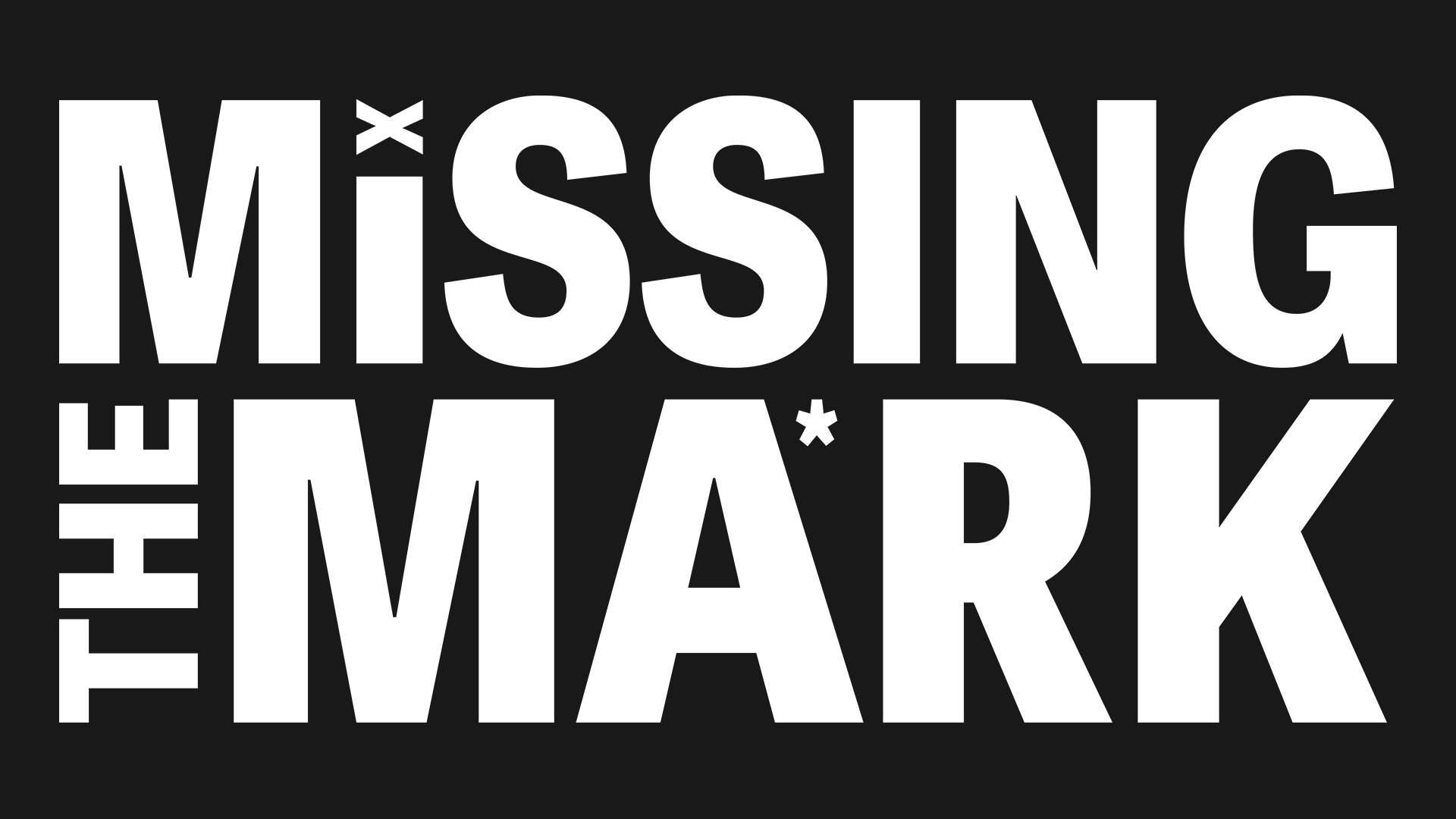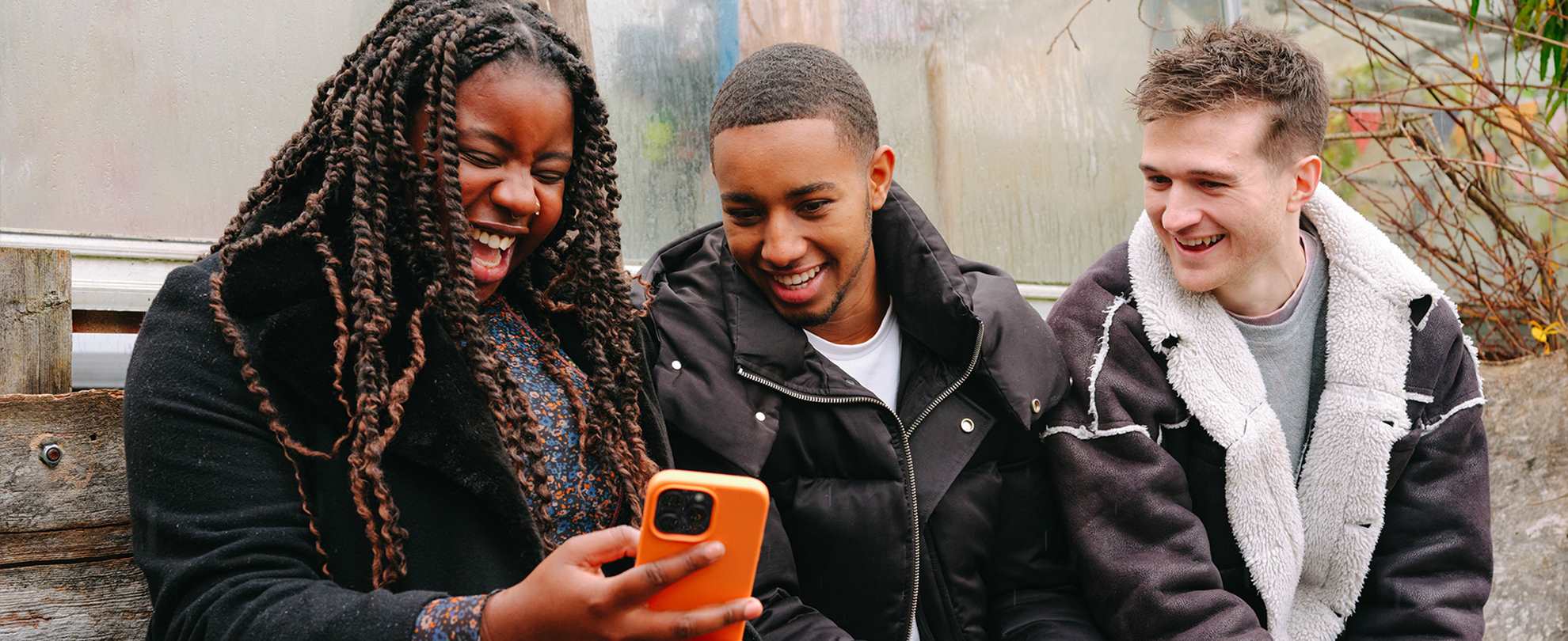Get help now
-
If you’re at immediate risk or harm, please call 999 and ask for an ambulance.
If you’re having a mental health crisis and need urgent help now, click the button below for who to contact.
Whether you want to understand more about how you're feeling, get information about a mental health condition or find support, our guides can help. If you need help speaking to someone, start with our guide to reaching out for help.
Your feelings are valid and things can get better.

If you did exams this summer, it's probably felt like a lot. It's totally understandable if you're feeling stressed or tired out right now.
We know that exams are testing our limits, and that it's time we revise the system. We're calling on the Government to change exams so they work for young people.

Young people are already doing so much to change the world for the better. You’re already organising, spreading joy, demanding change and sharing your mental health experiences - we want to make these stories impossible to ignore. And through our work with young people, you continue to teach us every day how to keep pushing for the society we all need.
Find out more below about how you can be part of the movement.

Shout Textline offers you free, 24/7 text messaging support, wherever you are in the UK. Text SHOUT to 85258 to start chatting to a trained volunteer.
You can also call Childline to speak to someone about how you’re feeling.
If you are at immediate risk or harm, please call 999 and ask for an ambulance.
Our urgent help page has more information on who can support you in a crisis.
We all have mental health, just like we all have physical health. It’s about how we think, feel and act. Sometimes we feel well, and sometimes we don’t. When our mental health is good, we feel motivated and able to take on challenges and new experiences. But when our mental health is not so good, we can find it much harder to cope. Find out more about mental health.
We all have good days and bad days, but when negative thoughts and feelings start to affect your daily life and stop you doing the things you enjoy, or your ability to feel okay, this means you need support with your mental health. For example, nearly everyone gets anxious before an exam, a job interview or a first date. But if you feel anxious all the time and this is stopping you from sleeping well or meeting up with friends, you might need help. Find out more about mental health.
However you’re feeling right now is valid and things can get better – we’re here to help you on that journey. We have lots of advice and tips from other young people who've been there. Use our helpfinder to get advice on how to cope with what you're going through.
We provide young people with tools to look after their mental health. We empower adults to be the best support they can be to the young people in their lives. And we give young people the space to get their voices heard. Find out more about who we are and what we do.
Whether you’re struggling with how you’re feeling, want to know more about a mental health condition or medication, or want to find support, we’re here for you. Use our helpfinder to find advice on how to look after yourself and where and how you can get the support you need.
If you want to tell your story, become an Activist or campaign for a better society for young people, join our movement.
Become part of our community by following us on Instagram or TikTok @YoungMindsUK.
Take a look at our guide to Child and Adolescent Mental Health Services (CAMHS) to find out about how the service works, including information on how you can get help from CAMHS, what happens at an assessment, what your rights are and more. We also have information about other mental health services in our guide to support. We do not provide one-to-one support with CAMHS assessments, treatments or complaints.
Our guide to mental health conditions has lots of information to support you.
Shout offers you free, 24/7 text messaging support wherever you are in the UK. If you need someone to talk to about how you’re feeling, text SHOUT to 85258.
Please note that Shout is a separate and external organisation from YoungMinds.
If you’re at immediate risk or harm, please call 999 and ask for an ambulance.
If you’re having a mental health crisis and need urgent help now, click the button below for who to contact.